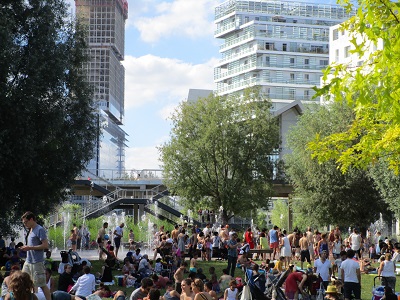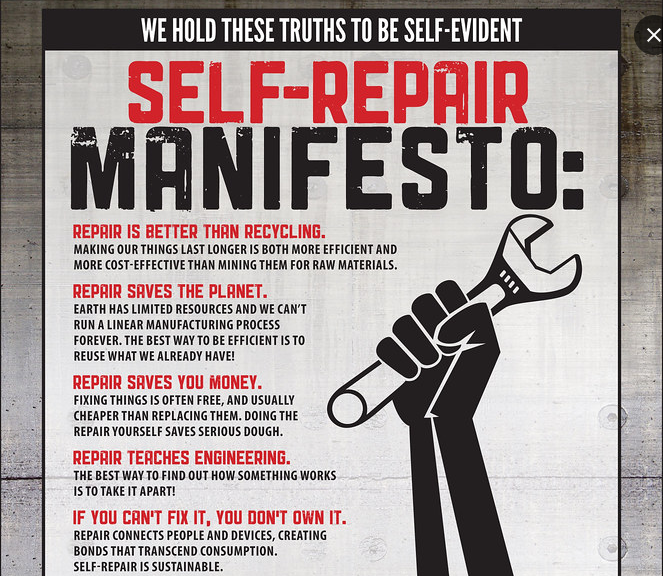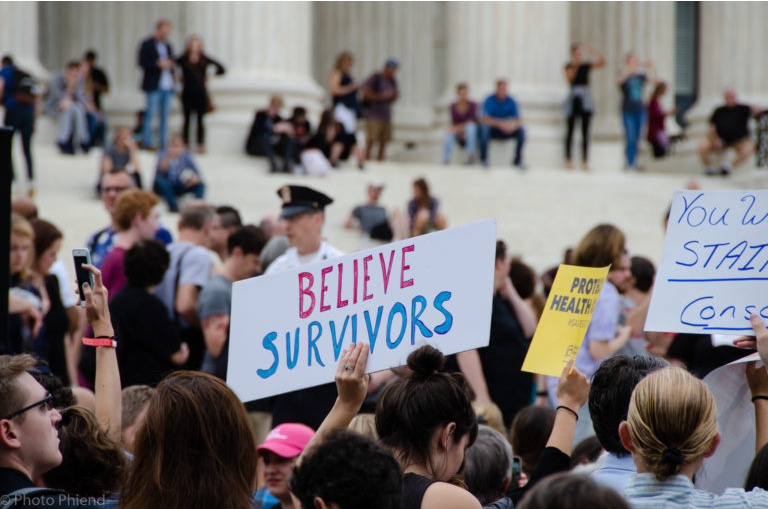


Vulnerability of Knowledge and Nuclear
14 February 2017
The Post-crisis Legitimacy of the European Union
15 February 2017How are new urban neighborhoods developed and built? What policy goals do they meet and what constraints shape them? How do professionals, including architects, assert their expertise in these projects?
These are the questions that Marie Piganiol, a PhD student at the Center for the Sociology of Organizations (CSO), tackles in her thesis; her advisor is Sophie Dubuisson-Quellier, CNRS research director at CSO.
Marie has notably published an article* in the scientific journal Sociologie du travail (occupational sociology) that earned her a 2nd place award for young authors in 2015.
Watch the video (choose subtitles in english)
Transcripts for the deaf and hearing impaired (pdf, 27 Ko)
- Article abstract :
The article discusses the issue of the vulnerability of professionals. It questions the ability of professionals to defend their expertise in organisations characterised by extensive formal controls and a far-reaching division of labour. Based on ethnographic fieldwork on the preparation of an architectural project in Paris and drawing on an organisation theory perspective, the article reconsiders the sources of professionals’ power. It argues that this power has two distinct sources: the status that professionals draw from control over their jurisdiction (status-based power), and a capacity for negotiated action among interdependent actors (relation-based power). The article shows that, even in highly restrictive environments, architects may develop new forms of resistance and find alternative areas of control. They do so by relying on the robustness of their professional status and by using the social relations that shape their working environment.
- Read the full article (in French): Pouvoir statutaire, pouvoir relationnel. Une analyse organisationnelle des architectes en situation de travail (Status and Relationships as Sources of Professionals’ Power : An Organisational Analysis of Architects at Work) in Sociologie du Travail, Volume 58, Issue 3, July–September 2016, Pages 253–272



